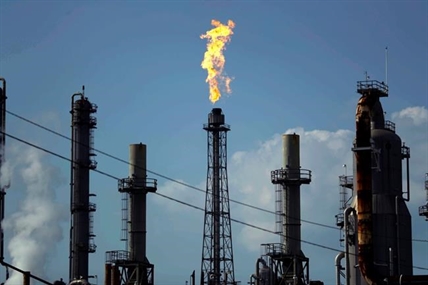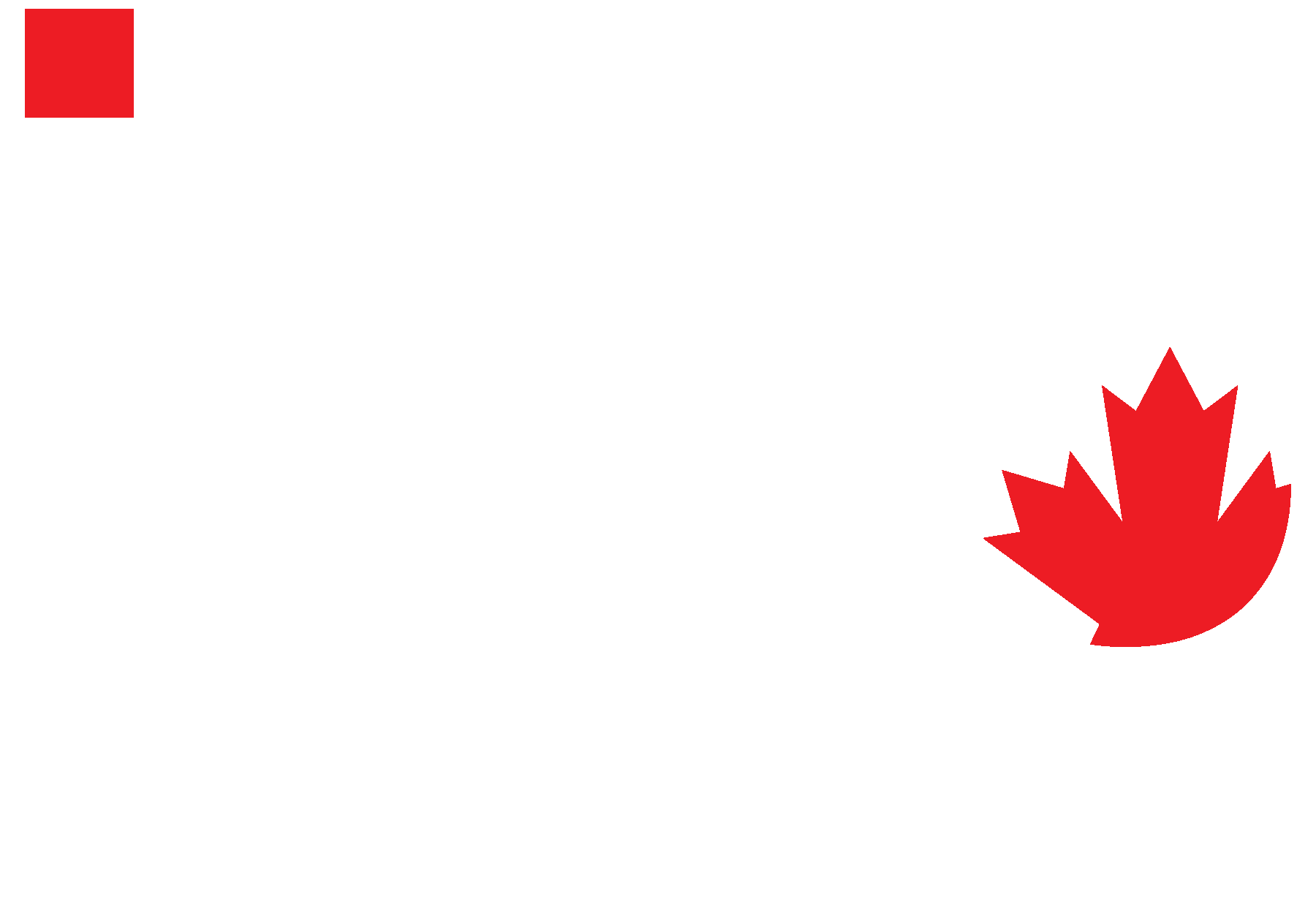Oil plunges 20% as another virus-fueled trading week begins

NEW YORK – Oil prices are plunging as a dispute among producers could lead a global economy weakened by COVID-19 to be awash in an oversupply of crude.
Brent crude, the international standard, lost $9.50, or 20.1 per cent, to $35.77 per barrel, as of 7:58 p.m. Eastern time on Sunday after earlier touching its lowest price since 2016. Benchmark U.S. crude fell $8.64 to $32.64.
The dramatic losses follow a 10.1 per cent drop for U.S. oil on Friday, which was its biggest loss in more than five years. Prices are falling as Saudi Arabia, Russia and other oil-producing countries argue how much to cut production in order to prop up prices.
Demand for energy is falling as people cut back on travel around the world. The worry is that the new coronavirus will slow economies sharply, meaning even less demand.
Stephen Innes, chief markets strategist at AxiCorp, called reports that Saudi Arabia could increase its oil production in order to gain market share a “shock-and-awe” strategy.
The oil market has seen arguments like this before. In 2014, OPEC held off production cuts in order to hold onto market share in the face of a resurgent U.S. oil industry. That led to oil to tumble from over $100 a barrel to below $40 by 2015.
This most recent plummet for oil adds another punch to what's already been a brutal and dizzying couple weeks for financial markets worldwide. The U.S. stock market is down 12.2 per cent since setting its record last month on worries about how much corporate profits will fall because of COVID-19. It's set on Monday to mark the 11th anniversary of hitting bottom after the 2008 financial crisis.
Treasury yields have plummeted to record lows as investors pile into anything that looks safe, almost regardless of how little it pays. The 10-year Treasury yield pierced below one per cent for the first time on Tuesday, only to breach 0.70 per cent Friday.
The virus usually leaves people with only mild to moderate symptoms, but because it's new, experts can't say for sure how far it will ultimately spread and how much damage it will do, both to health and to the economy. The number of cases has reached 109,000 globally, and Italy on Sunday tried to quarantine a region holding more than a quarter of its population in hopes of corralling it.
If the number of new infections slows in other parts of the world as it has in China, if the U.S. jobs market remains as solid as it's been and if all the unease in markets ends up creating just a short-term dip in confidence among shoppers, all this may recede quickly. But those are a lot of potential pain points.
“There are more if's than at any other time in this 11-year bull market,” say strategists at BTIG.
Join the Conversation!
Want to share your thoughts, add context, or connect with others in your community?
You must be logged in to post a comment.

















